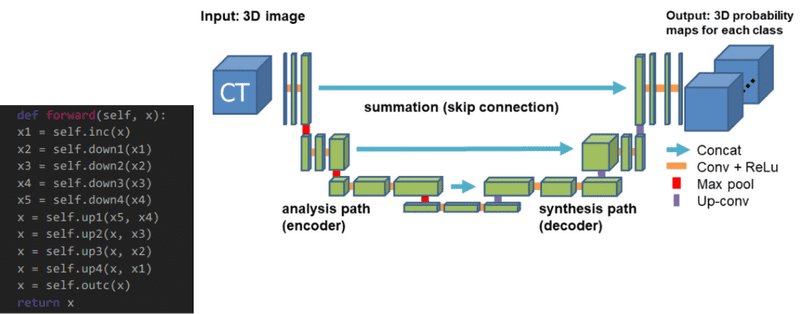Workers want to join the AI revolution
The common theme we’ve been hearing from all quarters in recent times is artificial intelligence is the job-killer, accompanied by scary headlines. “AI is going to eliminate way more jobs than anyone realizes,” screamed a headline in Business Insider last August. “AI is replacing human tasks faster than you think,” CNN recently blared. Everywhere are lists of jobs AI is or will soon be replacing, such as this dour piece from MSN: “24 Careers AI Might Take Over: Will Your Job Survive?” “While your job may be safe for now, there’s no guarantee you’ll be set for the future,” the author gloomily predicts.
However, it appears workers didn’t get the memo — or pile of memos. In recent surveys, there is scant evidence of fear and loathing among the workers who may see their jobs shift as AI looms greater on the scene. Most workers, in fact, seem pleased that AI will be assisting them in their pursuits.
For example, a new survey of 6,000 employees by Salesforce finds 77% of today’s workers trust AI, and even want AI to do almost half of their work tasks. Leading categories for trust in completely autonomous work tasks include writing code (trusted by 15%), uncovering data insights (13%), and drafting written communications (12%), and acting as a personal assistant (12%).
Likewise, only five percent of 150,735 workers responding to a survey out of Boston Consulting Group expressed fear that AI would eliminate their jobs. On the other hand, 25% expected no impact on their jobs, and another 49% said AI may change some tasks.
A majority of 56,600 workers surveyed by PwC also expect a positive impact from AI as well. At least 31% anticipate that AI will increase their productivity and efficiency, while 21% expect AI to create new job opportunities.
Workers today already trust AI to do roughly 43% of their work tasks, the Salesforce survey shows. Close to eight in ten, 77%, of workers will eventually trust AI to operate autonomously. Ten percent even trust autonomous AI today, while 26% will trust autonomous AI in less than three years.
Nearly 40% of employees use generative AI tools regularly, the BCG survey observes. They do not fear generative AI, either — most say that they will need help to understand what skills to build.
Trust is the key. Workers want to be involved in the process of rolling out AI to fulfill tasks. At least 63% seek to have more say over AI implementation decisions, the Salesforce survey shows. At issue is the fact that 54% say they do not know how AI is implemented or governed in their workplace. Training may be another key to trusted autonomy: 62% of workers say more skill-building and training opportunities would build their trust in AI.
Workers who currently use generative AI do so for simple activities such as research, administration, and translation, BCG finds — “uses that are akin to replacing Google with genAI,” the survey’s authors observe.
Workers using generative AI the most frequently are leveraging it for their core work tasks, not just for general administrative work and research, the BCG authors add. “Personal GenAI applications most often involve finding facts and gaining general knowledge (40%), developing skills and learning (38%), or translating material from other languages (33%).”
Outside of the workplace, people are using generative AI a career advancement or job-search tool, using it to develop résumés and cover letters, for example.




